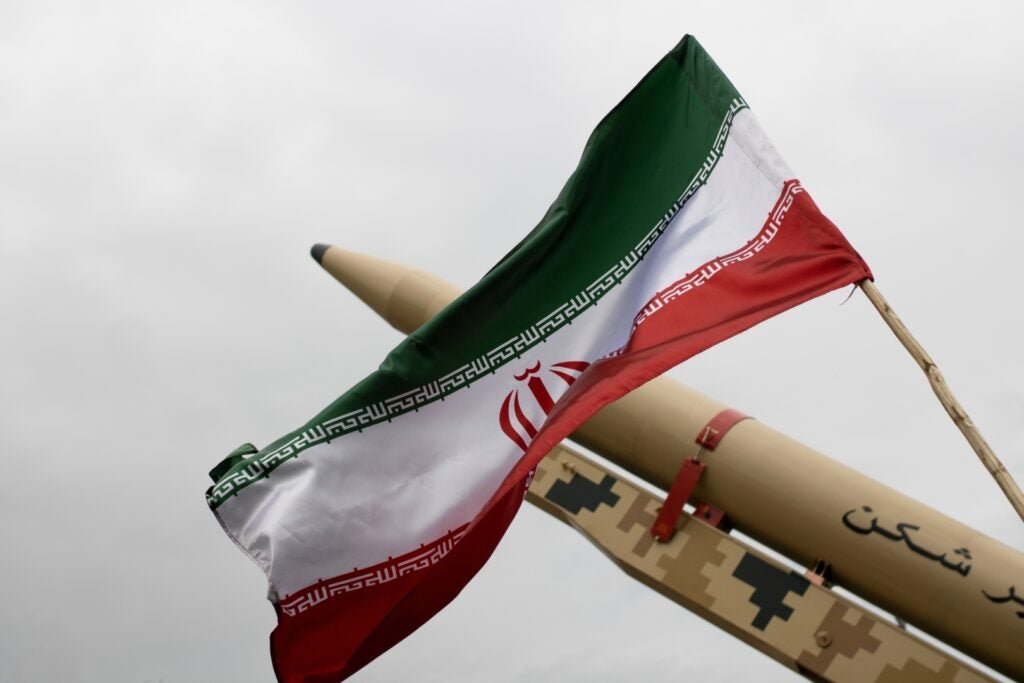In a recent development, Iran has temporarily paused the supply of weapons to Houthi rebels in Yemen via sea routes following the U.S. and UK airstrikes. This has led to a cautious sense of optimism among Western officials regarding the effectiveness of the military intervention.
The airstrikes, conducted last week, have seemingly disrupted the critical supply lines from Iran to Yemen, a Bloomberg report revealed on Tuesday. The officials, who chose to remain anonymous, emphasized that it is too early to gauge the long-term impact of the airstrikes.
The Biden administration has been leading efforts to deter further Houthi attacks in the Red Sea, while also aiming to prevent a broader conflict in the Middle East.
Despite the airstrikes, the Houthis carried out additional attacks, prompting a limited U.S. strike on four Houthi missiles in Yemen on Tuesday. However, no new shipments have been attempted along the supply routes used by Iran to arm the Houthis since the airstrikes.
The recent developments in the Yemen conflict are part of a larger pattern of escalating tensions in the region. The U.S. and U.K. military intervention came in response to Houthi attacks on commercial ships in the Red Sea. The U.S. Central Command stated that the missiles destroyed in the preemptive strike posed an imminent threat to merchant and US Navy ships in the region.
These attacks have had a significant impact on global trade, with major players like Shell Plc suspending their Red Sea shipments due to security concerns. The mounting tensions in the region were further evidenced by a Houthi missile strike on a U.S. Navy destroyer, which was intercepted by a U.S. fighter aircraft.
The temporary pause in weapon supply from Iran to the Houthi rebels is seen as a positive development by Western officials. It provides hope that the airstrikes have disrupted the flow of weapons and could potentially lead to a reduction in Houthi attacks in the region.
However, it is important to note that this pause is temporary, and the situation in Yemen remains volatile. The conflict has already caused immense humanitarian suffering, and a long-lasting solution is still needed to bring stability to the region.
The international community, including the United States and the United Kingdom, must continue their efforts to find a diplomatic resolution to the Yemen conflict. This includes working with regional partners and engaging in dialogue with all parties involved.
The recent disruption of weapon supply to the Houthi rebels is a small step towards deescalating the conflict, but much more needs to be done to achieve lasting peace in Yemen. The temporary pause should be seen as an opportunity to push for a comprehensive ceasefire and negotiations that address the root causes of the conflict.
It is crucial for all parties involved to prioritize the well-being of the Yemeni people and work towards a political solution that brings an end to the suffering and allows for the reconstruction and development of the country.
In conclusion, the temporary pause in weapon supply from Iran to the Houthi rebels in Yemen following the U.S. and UK airstrikes is a positive development that brings a cautious sense of optimism among Western officials. However, it is essential to continue diplomatic efforts to find a lasting solution to the Yemen conflict and prioritize the well-being of the Yemeni people.





